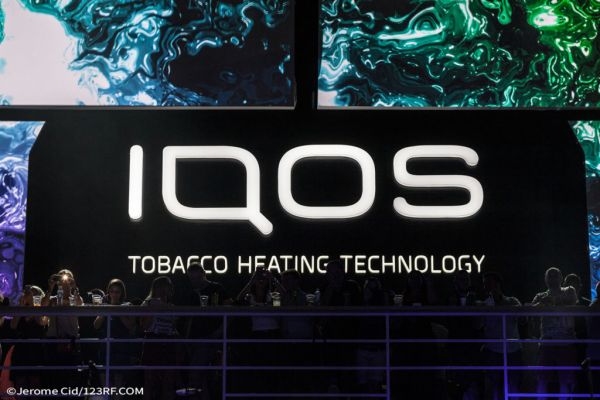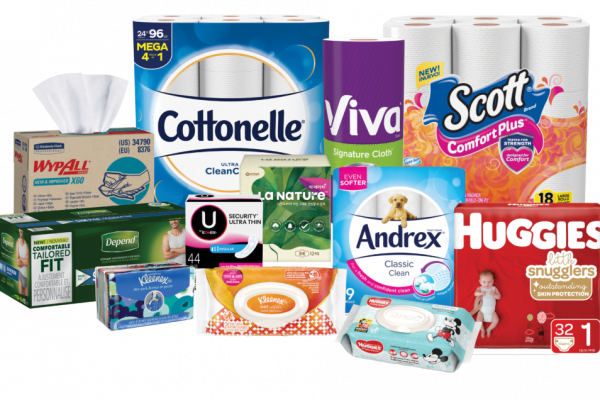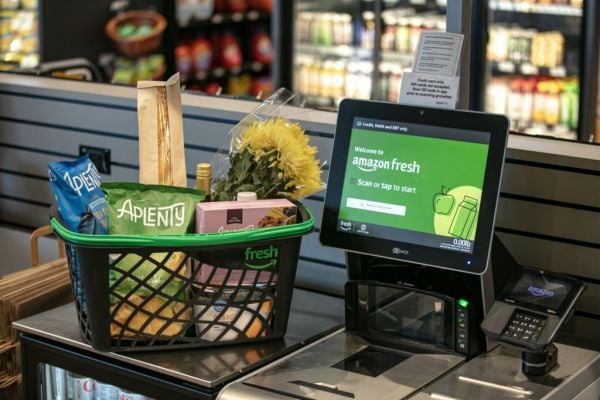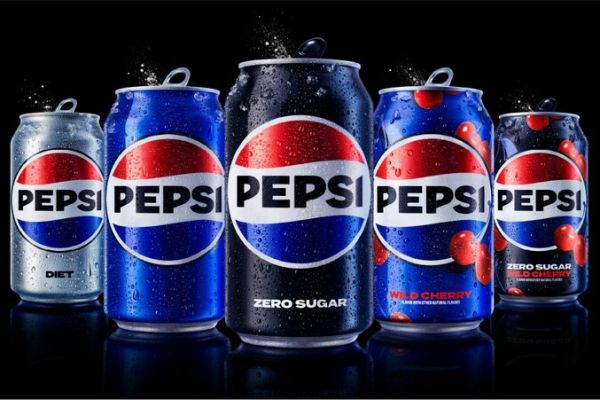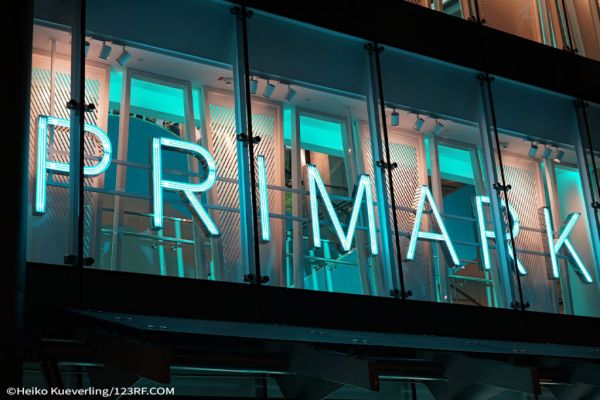Reynolds American Inc., the producer of Camel and Pall Mall cigarettes, is in talks to acquire rival Lorillard Inc. in a deal that would reduce the once-bustling U.S. tobacco industry to two major competitors.
The companies confirmed the discussions yesterday, following reports that the merger may be close after months of negotiation. British American Tobacco Plc, the U.K. company that owns 42 percent of Reynolds, said it expects to support the transaction by subscribing for additional shares to maintain its stake. Separately, Imperial Tobacco Group Plc said it’s in talks with the U.S. companies to buy some brands.
Shrinking U.S. demand for cigarettes is putting pressure on tobacco companies to team up. Cigarette shipment volumes fell by a median of 2.9 percent in the first quarter among the industry’s top U.S. companies, according to data compiled by Bloomberg Industries. While electronic cigarettes offer a growth opportunity, that market is still young and faces mounting regulation. Merging Reynolds and Lorillard would create a more potent competitor to Altria Inc., the industry leader.
“This is the first stage for some big battle lines that are being drawn,” Chris Wickham, an analyst at Oriel Securities in London, said by phone.
The deal - which would follow months of on-again, off- again talks - is complicated by its size and the involvement of several companies. Together, Reynolds and Greensboro, North Carolina-based Lorillard have a market value of about $56 billion and annual sales of more than $13 billion, according to data compiled by Bloomberg. Merger speculation has propelled stocks of both companies this year.
Shares Gain
Lorillard rose 4.6 percent to $66.01 at the close yesterday in New York, giving the company a market value of about $23.9 billion. Reynolds fell 0.8 percent to $61.75. BAT shares were little changed at 3,528 pence in London trading, while Imperial Tobacco rose about 3 percent to 2,740 pence.
An agreement could be announced as early as July 14, people familiar with the situation said. There is no guarantee a deal will get done, the companies said in separate statements.
If the three companies reach an agreement, Lorillard’s biggest brand, Newport, would give Winston-Salem, North Carolina-based Reynolds fresh ammunition against Altria, whose brands account for more than half of the U.S. retail cigarette industry. Altria’s Marlboro by itself has market share in the U.S. of about 44 percent, according to the company’s website.
Antitrust Issues
As part of the deal, Imperial Tobacco will buy some brands from Reynolds and Lorillard in an effort to head off any antitrust concerns that the U.S. government may have, according to people familiar with the matter. The U.K. company is lining up as much as $7 billion to fund such a purchase, they said.
Imperial is most likely interested in Reynolds’s Kool, Winston and Salem brands, though may also be attracted by Lorillard’s Maverick discount label, according to Erik Bloomquist, a tobacco analyst at Berenberg Bank in London.
“To finance this deal they would have to do a rights issue and go back to the shareholders for money,” Bloomquist said. “I don’t think the balance sheet could support a deal of this size.”
An Imperial Tobacco spokesman declined to comment on how the company would finance the acquisition.
Reynolds, Lorillard and London-based BAT have been in talks since last fall to reach an agreement that would satisfy all three parties, people familiar with the matter have said. They had made a tentative deadline of July, those people said, because of a standstill agreement by BAT not to raise its stake in Reynolds, without the approval of Reynolds’s board, until this month.
Brown & Williamson
BAT’s agreement keeping it from increasing its stake in Reynolds dates back to the merger of R.J. Reynolds Tobacco Holdings Inc. with Brown & Williamson Tobacco. The expiration could open the door to the companies working closer together amid a broader push for industry consolidation.
The Federal Trade Commission is likely to take a hard look at the proposed transaction, said David Balto, a Washington attorney and former policy director for the FTC who litigated BAT’s merger with Reynolds in 2004.
The FTC allowed that deal to go through because Brown & Williamson was losing market share and Lorillard was still around as a viable competitor, according to a brief released by the FTC. The market is more consolidated now, and this deal will face serious scrutiny, Balto said.
“The FTC will be very concerned about competition in this market,” he said in a phone interview. “The FTC will want to make sure some level of competition is restored.”
There is a chance that just selling off the minor brands to Imperial won’t be enough, he said.
“There is a difference between these brands being in the hands of a powerful company like Lorillard and being owned by an upstart like Imperial,” Balto said.
Bloomberg


